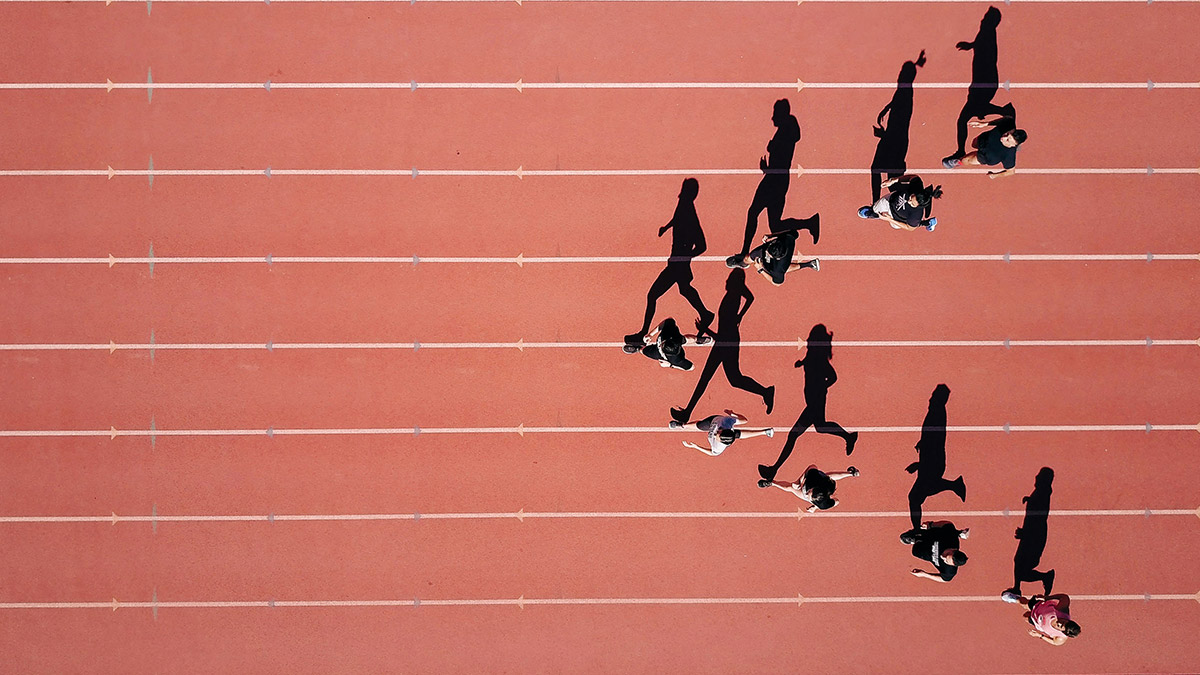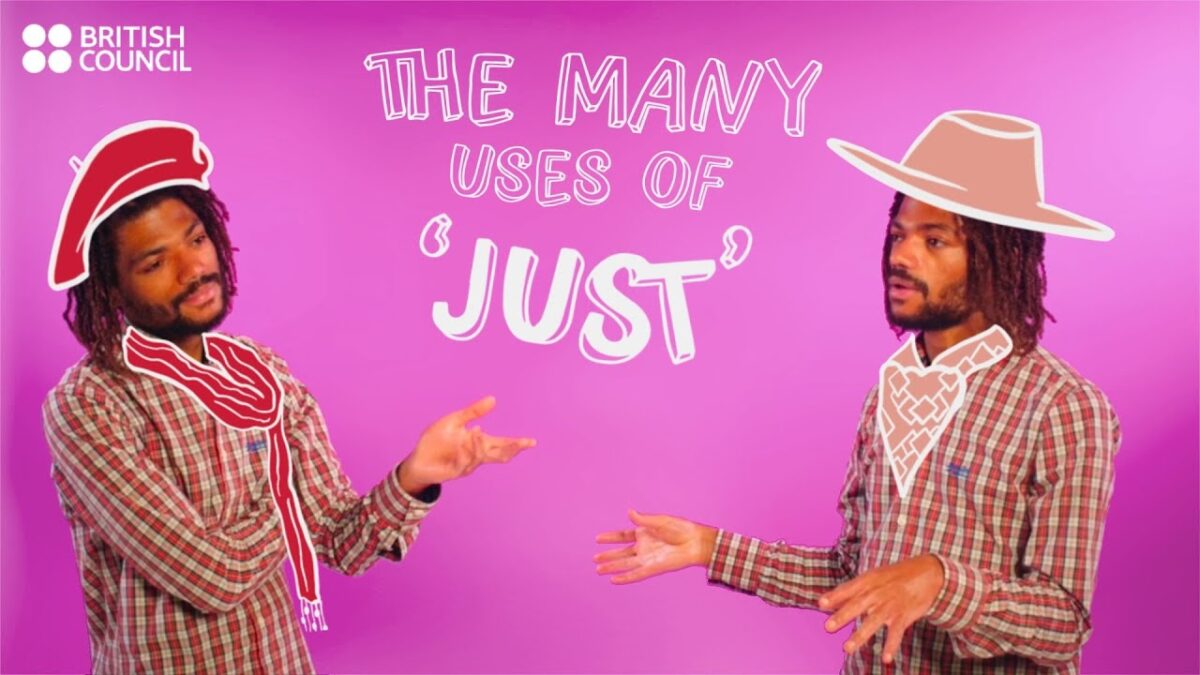5 Odd Olympic Events You Won’t Believe Happened

Ever since the Olympic Games were revived in the late 19th century, they’ve attracted plenty of controversy and seen some truly odd things take place.
Perhaps the most famous incident was when athletes did a black power salute at the 1968 Olympic Games in Mexico. But most odd Olympic events are less well known – like the marathon runner who got a lift in a car, or the best-performing boxer who lost a final.
To help you get into the mood for the 2024 Olympics taking place in Paris this month, we look at five odd Olympic events you simply won’t believe happened!
1904 – The weirdest marathon in Olympic history
The marathon that took place at the 1904 Olympics was definitely the weirdest one ever held. The event took place in extreme heat, with many runners dropping out from exhaustion and dehydration.
Sam Mellor, who had won the 1902 Boston Marathon, was in the lead half-way through the race. By the time he’d run 14.5 miles, he couldn’t go any further. Another runner, William Garcia, collapsed with severe internal injuries caused by breathing in dust. Then, after 3 hours and 13 minutes, Fred Lorz crossed the finish line.
Fred was declared the winner. The only problem was that he’d dropped out of the race after 9 miles, got a lift in a car and rejoined the competition at the 20th mile! He eventually admitted cheating and a runner called Thomas Hicks was given the gold medal.
But even Thomas Hicks would have been disqualified in later Olympic marathons – because his assistants had given him strychnine (a stimulant) and brandy to help him perform. While it worked, Hicks collapsed at the finishing line. Strychnine was banned by the International Olympic Committee in the 1960s, but its last known use was during the 2016 Olympics.
1988 – The dirtiest race in history
The 1988 Seoul Olympics controversy that most people remember was the disqualification of Canadian sprinter Ben Johnson. At the time, Ben Johnson was the world’s fastest man and he finished first in the 100 metres event at the 1988 Summer Olympics.
The only problem? He failed a drug test for taking a banned substance called stanozolol.
The event became known as the ‘dirtiest race in history’. Only two of the eight people who competed – Calvin Smith and Robson da Silva – never took performance enhancing drugs throughout their careers.
1998 – How the best boxer lost
The 1998 Olympic boxing controversy was one of the most outrageous in the history of the sport. The final of the light middleweight competition took place in Seoul between Park-Si Hun of the host nation, South Korea, and United States boxer Roy Jones Jr.
Jones did not lose a single match at the 1998 Olympics and arrived unbeaten at the final. During three rounds of boxing, Jones landed 86 punches on Park. In contrast, Park only managed to land 32 punches on Jones. Despite this, Park won on a 3-2 decision by the panel of judges. The referee, an Italian called Aldo Leoni, reportedly said to Jones: “I can’t believe they’re doing this to you.”
An official International Olympic Committee investigation found no evidence of corruption, even though South Korean organisers had enjoyed hospitality from South Korean organisers. Most weird of all, though, was the 1996 discovery of documents belonging to the Stasi – the former East Germany’s feared secret police – that contained reports of judges being paid to vote for South Korean boxers.
We still don’t know for sure what caused the judges to make the wrong decision. But you won’t be surprised to learn that Olympic organisers came up with a new scoring system for future games.
2008 – A racist advert?
Perhaps the biggest 2008 Olympics controversy centred on accusations of racism. The 2008 Olympic Games took place in Beijing, China. For some reason, someone had a truly bad idea for an advert featuring the Spanish men’s basketball team. The advert featured all 15 members of the Olympic team pulling the sides of their eyes in an attempt to appear Chinese.
A bad idea? Definitely. But what could be worse? That’s easy. A second photograph of Spanish tennis players doing exactly the same thing.
There were plenty of other controversies in Olympics during 2008, not least the Cuban taekwondo competitor Àngel Matos who kicked a referee in the face and punched another official. That earned him a lifetime ban from all Taekwondo events.
2012 – The year the armed forces saved the Olympics
At every Olympic Games, security is vital. Keeping hundreds of thousands of spectators, athletes and other people safe is a big job. Unfortunately, the 2012 Olympics controversy was about a potentially dangerous problem with security.
If you need good security, you need to plan ahead. So the private security firm G4S got a contract to supply security staff for the 2012 Olympics. All seemed well until July 2012 – the month the Olympic Games began – when G4S admitted it hadn’t hired or trained enough security staff. Of those it had recruited, many were thought not to speak English well enough!
Fortunately, the British Armed Forces stepped in to help. Some 35,000 troops did a great job of making sure the Games ran safely and securely. On the plus side, it was a good advert that British servicemen and servicewomen can be relied on in even the most unusual circumstances!
One thing you can believe will happen – learning English!
Big events like the Olympic Games are always going to attract controversies. But did you know that the English language is one of the most important things behind the Games? That’s because it’s one of two official languages of the International Olympic Committee.
So, if the Olympics inspire you, why not enrol in our online English courses? However you learn, and at whatever pace, we’ll help you win that gold medal for speaking excellent English!




